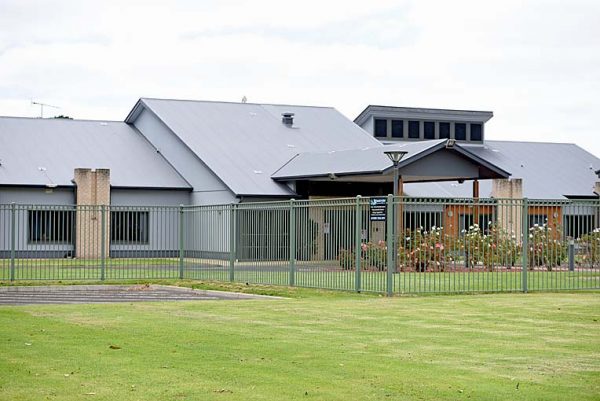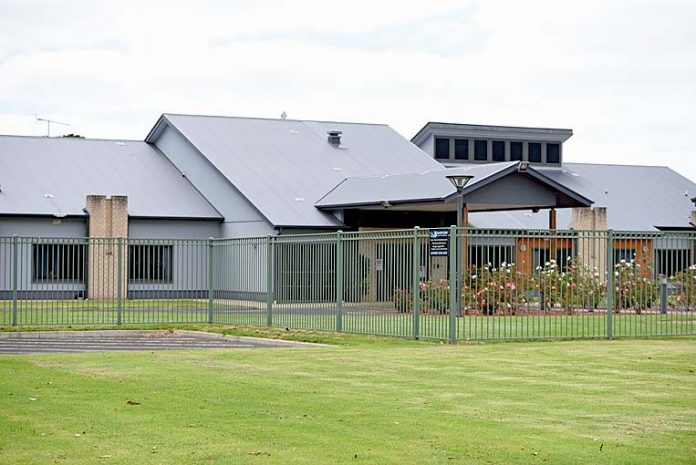
AN aged care facility and a number of childcare centres in Mount Gambier have been hit with a gastroenteritis outbreak.
The Oaks Aged Care Facility at Yahl has been placed in lock-down in a bid to stop the spread of the infection.
While the outbreak is not considered to be an epidemic, Mount Gambier Hospital yesterday confirmed the public health facility had seen a number of norovirus cases.
According to SA Health, norovirus is a type of gastroenteritis and is “very infectious”
.
“We have had community members present to the hospital with cases of norovirus who have been treated and discharged,” hospital nursing and midwifery acting director Pam Schubert said.
“Standard infection control precautions have been undertaken to minimise any risk of the infection spreading. Norovirus is a short-term illness that is common in the community at this time of year.”
The Oaks Aged Care Facility spokesperson Jan Braun yesterday confirmed the aged care residential centre was in lock-down due to a gastro outbreak.
While declining to reveal the number of patients who had been infected, she said the facility was following strict infectious control measures.
But Ms Braun said the residents – who have been affected by gastro – were recovery well and the numbers were reducing daily.
Meanwhile, Mount Gambier Child Care Centre director Fiona Paltridge said the facility had been affected by gastro in recent weeks.
But she said there were no reasons for alarm given gastroenteritis was something childcare centres regularly dealt with.
“We have a lot of procedures in place to reduce the spread,” Ms Paltridge said.
She revealed the gastro seen at the centre had particularly affected children under the age of two.
Highlighting the current strain was easily spread, she said the centre had a compulsory 72-hour non return policy regarding children affected by gastro.
She said the centre had seen gastro cases over the past few weeks, but the numbers were now beginning to “taper off”.
Ms Paltridge said the number of cases was not in epidemic proportions and the facility continued to operate normally.
“It is not at epidemic levels,” she said.
Ms Paltridge thanked the Mount Gambier Hospital for its support and care it was giving to parents who had taken their children to the health facility.
“The hospital staff have been a great help to families who have been bringing in unwell children at such a young age,” she said.
Boandik chief executive officer Gillian McGinty said the organisation’s facilities had not been affected by any gastro outbreak.
But she warned the people visiting sites must be vigilant given gastro was out in the community.
Notices have been placed at public entrances at its facilities urging people not to enter if they have gastro or influenza symptoms.
Ms McGinty said people also needed to be aware the influenza cases could emerge given vaccinations were starting to lose their effectiveness.
She said staff were undertaking infection control measures.
According to SA Health, people can become infected with the norovirus by eating food or drinking liquids that are contaminated with norovirus by food handlers as well as touching surfaces and objects.
Having direct contact with another person is also another way of becoming infected.
Symptoms usually begin 24 to 48 hours after ingestion of the virus, but can appear as early as 12 hours after exposure.
Noroviruses are a common cause of gastroenteritis outbreaks in South Australia.








